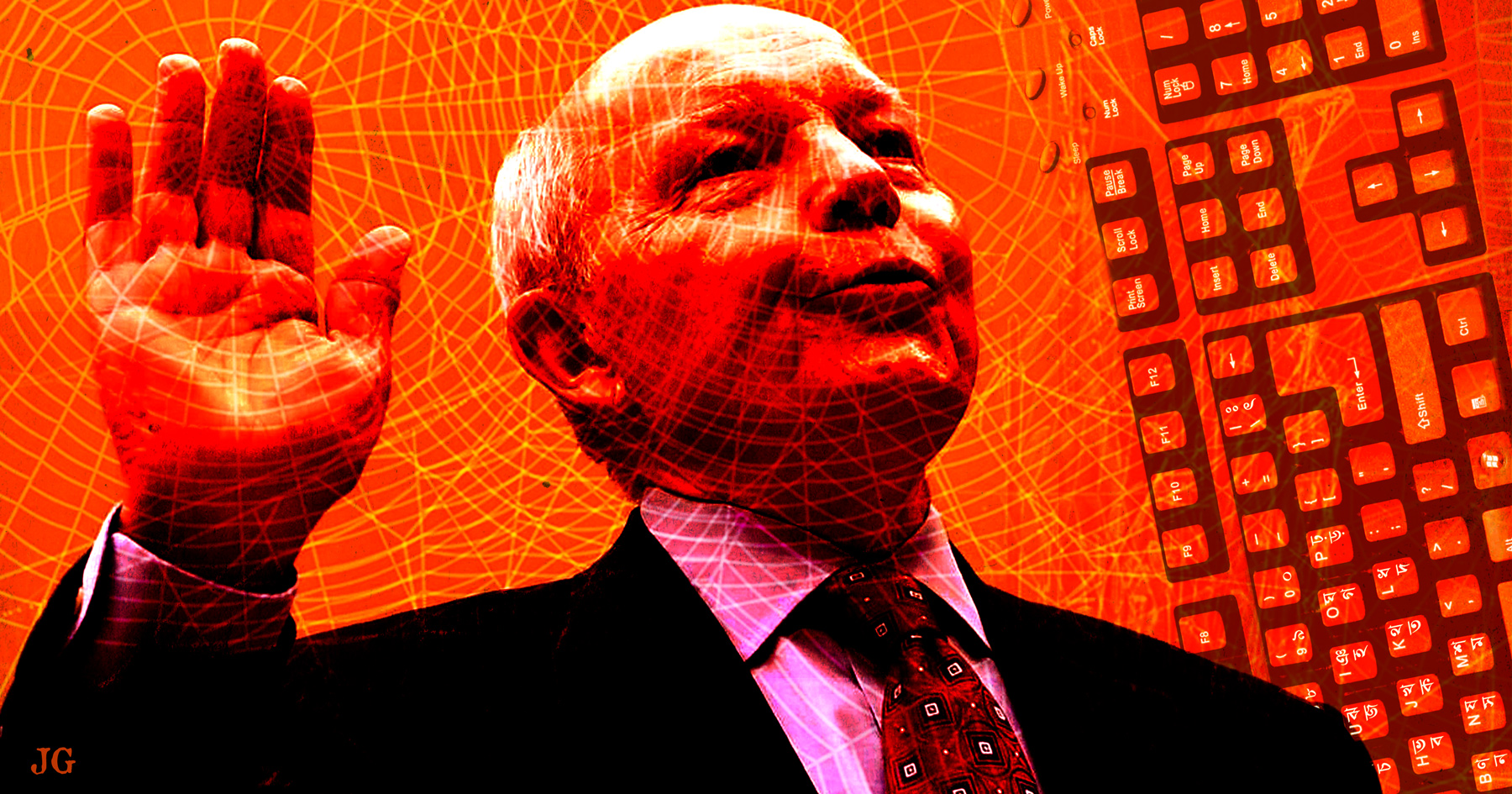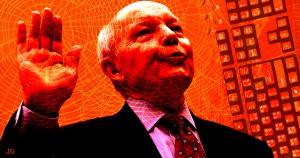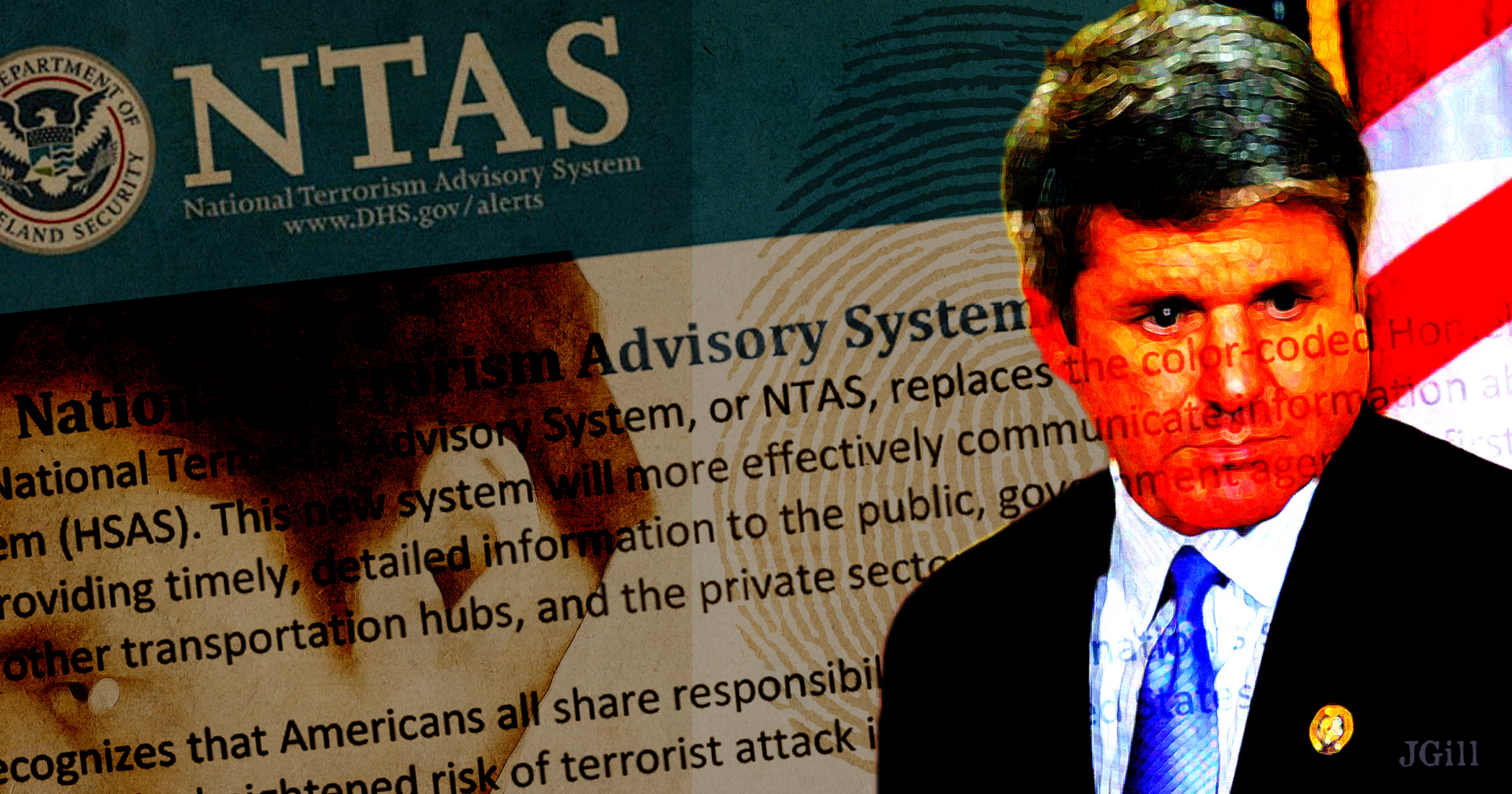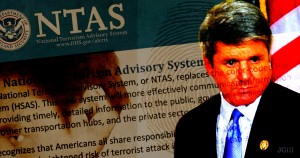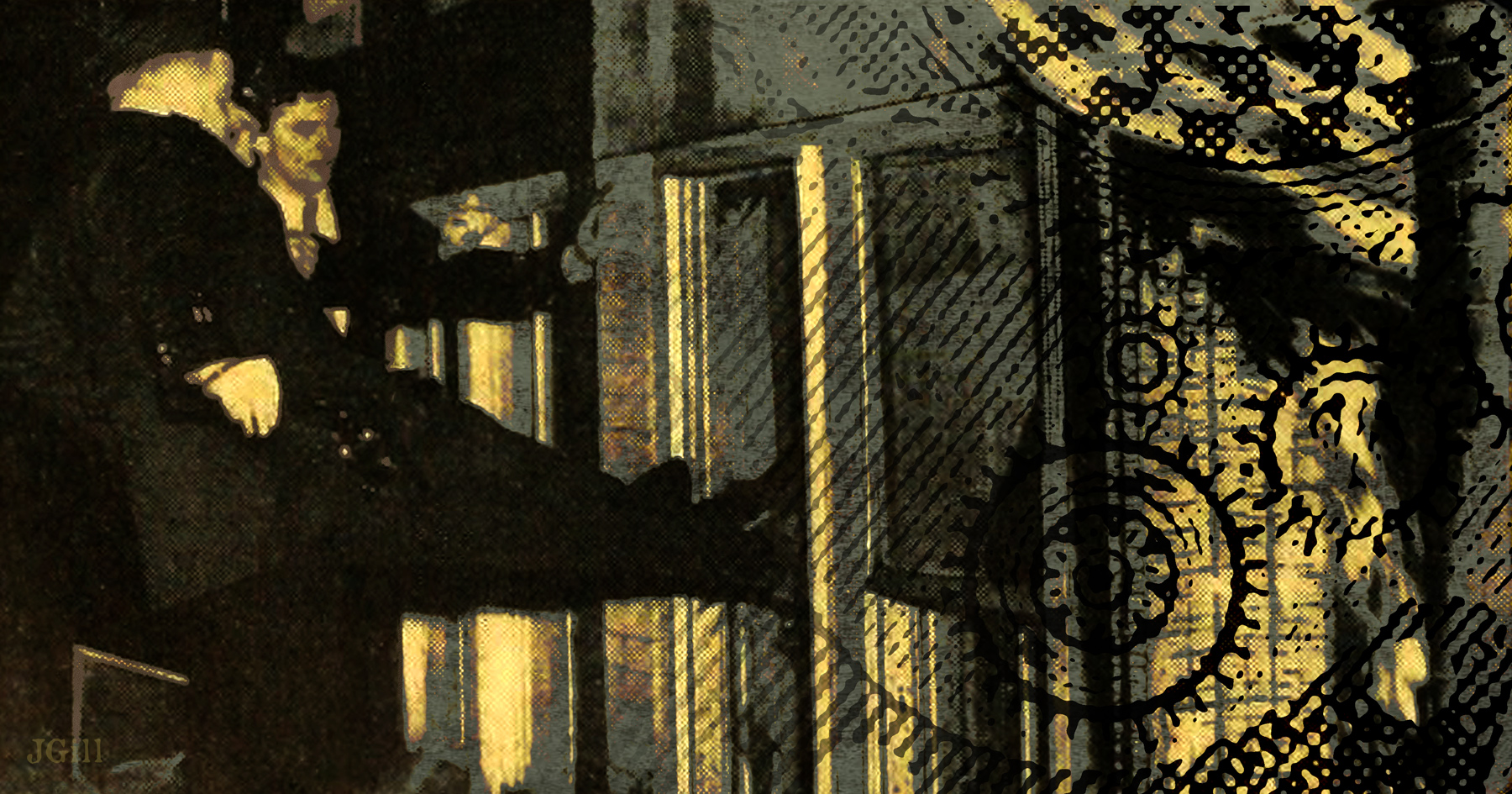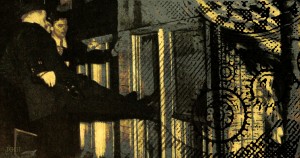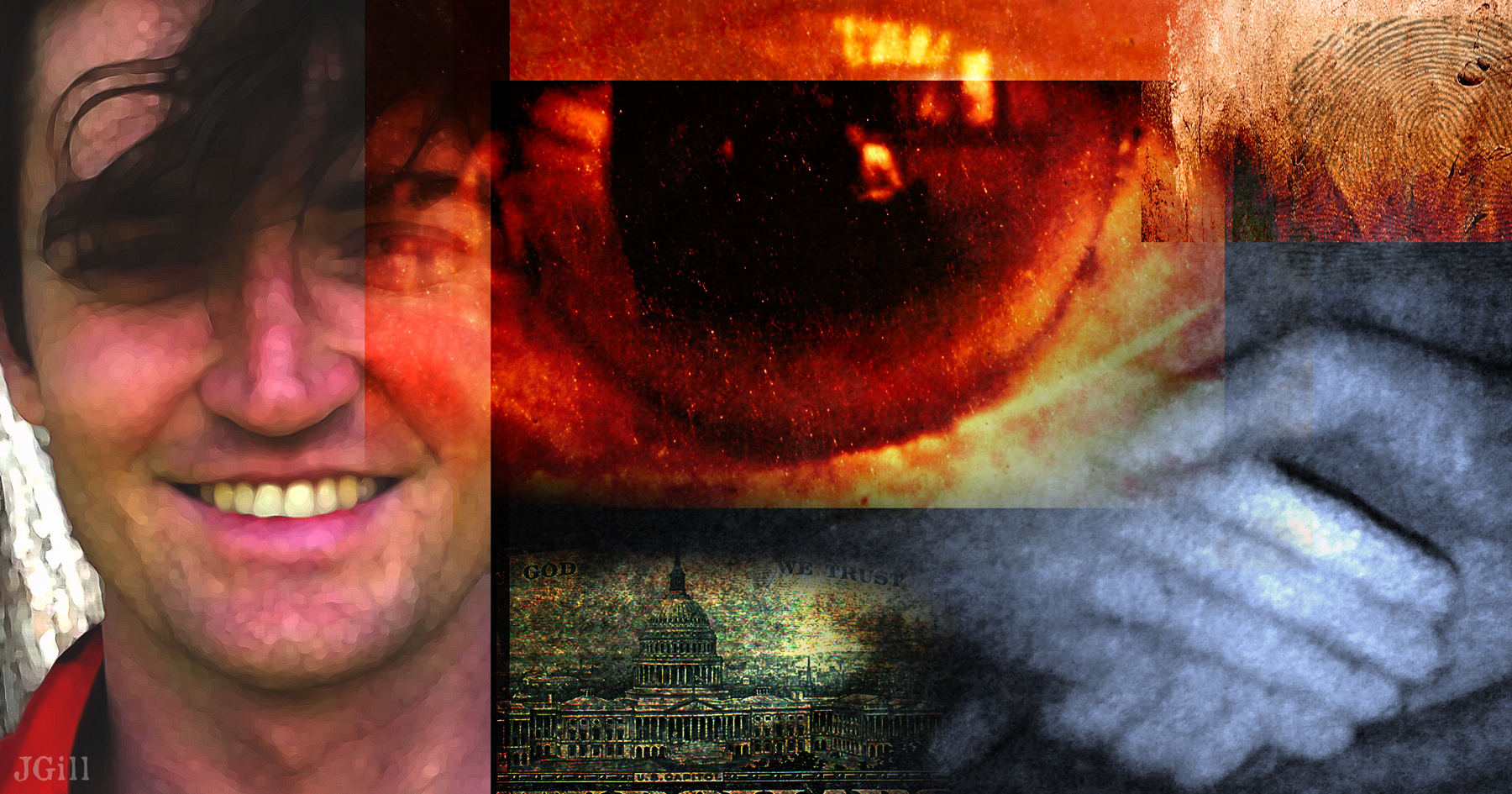Last week National Review reported that Republicans in the U.S. House have long been pondering impeachment of IRS Commissioner John Koskinen for stonewalling about whether Lois Lerner’s emails were lost and irretrievable.
Lerner is the former IRS official who oversaw the obstructing of applications for non-profit status by right-leaning and Tea Party organizations. The timeline that has the GOP considering impeachment of the IRS boss goes like this:
- March 2014: Koskinen testifies before Congress to the effect that it would take quite a while to retrieve Lois Lerner’s archived emails.
- June 2014. Koskinen tells Congress (eliciting “audible gasps”) that many of Lerner’s scandal-relevant emails had been lost in a “computer crash.” (What happens when you hit hard drives with hammers.…)
- June 2015. Congress learns from the Treasury Department’s inspector general that IRS wasn’t merely lethargic about finding the emails, and didn’t accidentally lose them to a sweeping Lerner-targeting technical glitch, but actively sought to destroy files “most likely to have contained Lerner’s emails.”
However, investigators have recovered data, including 30,000 Lerner emails, that probably do contain many scandal-related epistles. Which anybody who knows anything about the Internet and servers and backups knows had never been lost to begin with — not prior to specific attempts to lose them.
How many weeks must drag on before Congress does what is necessary? Koskinen strung Congress along for his benefit, not ours — giving him more time only plays into his hands.
Stop procrastinating, Congress. Do it. Now.
This is Common Sense. I’m Paul Jacob.
